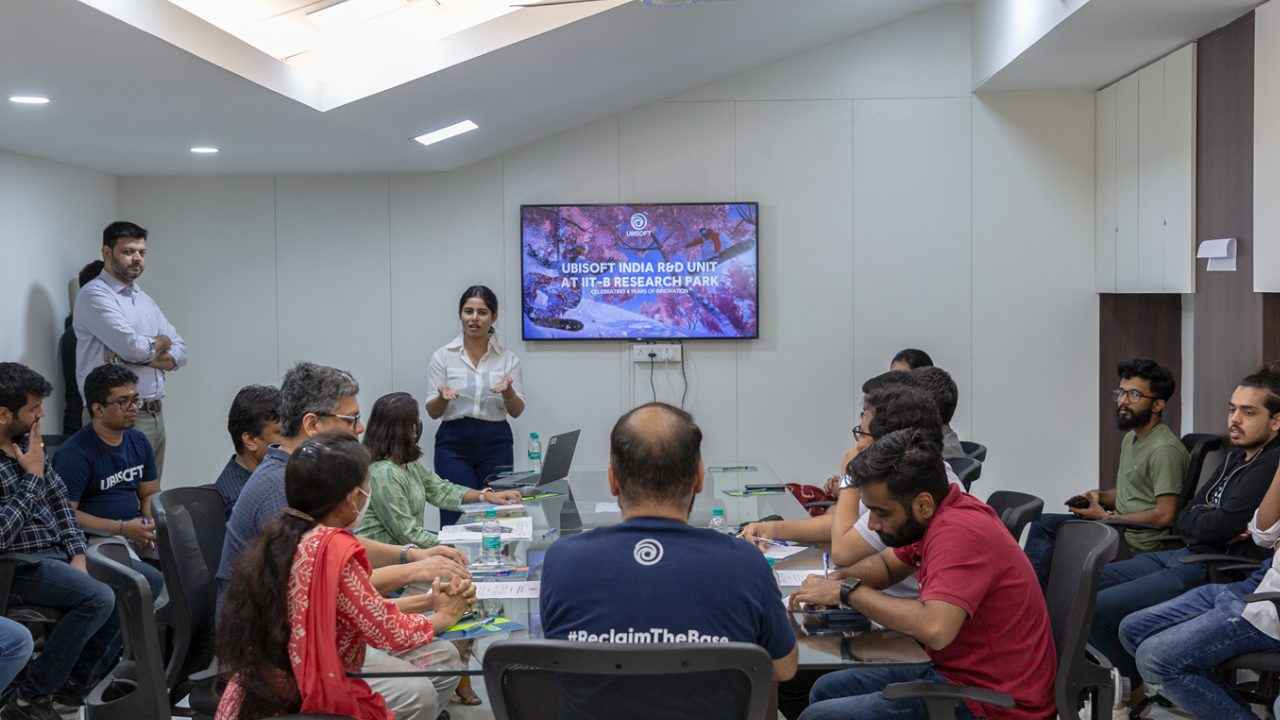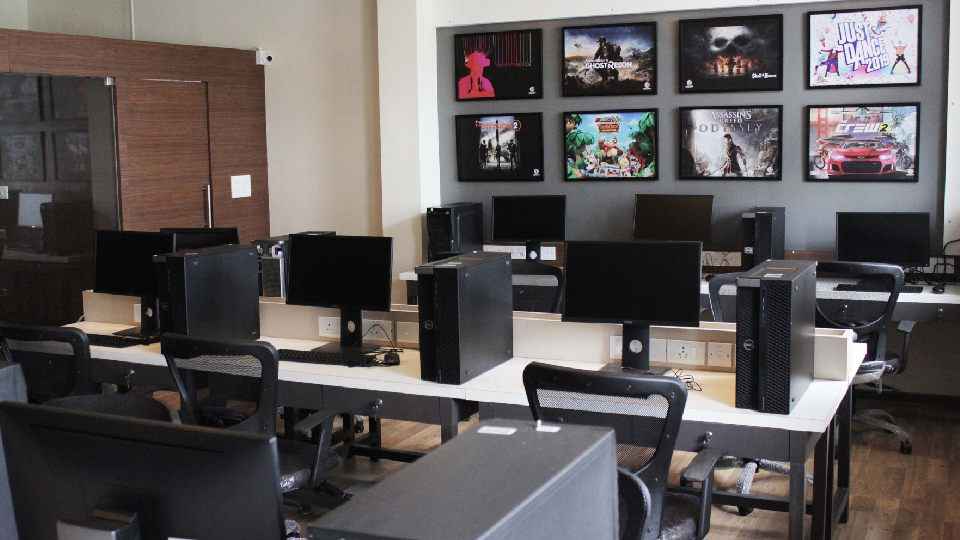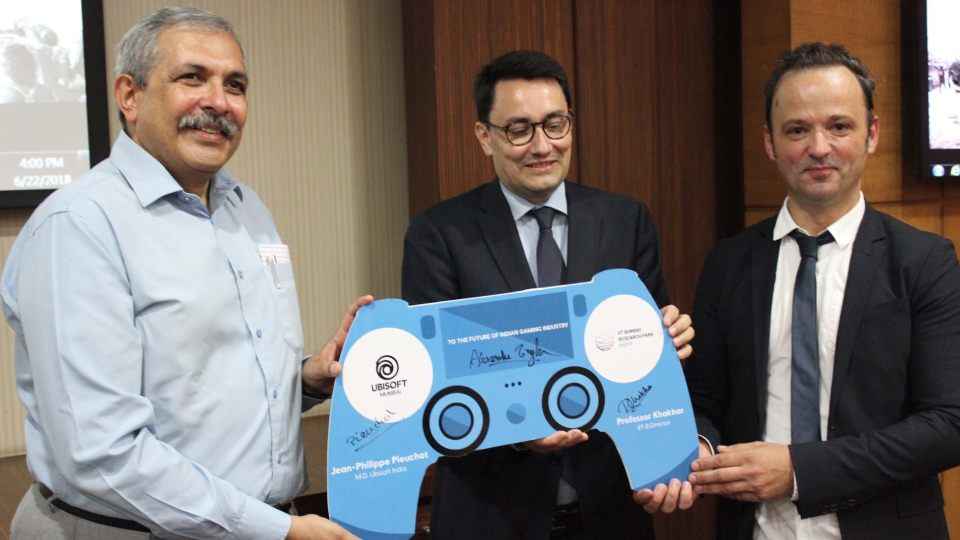How Ubisoft uses AI to test video games in collaboration with IIT-Bombay

Making video games, especially AAA or AAAA titles, is an extremely labour-intensive, resource-intensive and time-consuming endeavour. Major studios around the world spend anywhere from 65 million USD (Tom Clancy's Ghost Recon: Future Soldier – 2012 – Ubisoft) to more than 400 million USD (Star Citizen – Ongoing – Cloud Imperium Games) to produce video games. A good chunk of this money does go towards marketing the video game prior to sales but that’s the easy part of the entire process, arguably. The rest of the expense goes towards the actual development process and then testing the games to ensure a good experience for the folks who are going to be playing the games.
The latter part, i.e. the video game testing aspect, is probably the least talked about aspect of the overall development process. More so, when the game launch happens without any hiccups. If the game does well, kudos to the studio and if the game tanks, then blame the testers, blame the devs and blame the management for putting down unreasonable expectations and deadlines.
And as games grow to become more elaborate and feature-rich, managing all the elements becomes a task in itself. This is where game studios invest in developing and improving their video game engines and other software that are used in the overall game development process. Often, game studios will enter into partnerships with think tanks and academic institutes to innovate and come up with new ways to make their lives easier. Some of these collaborations result in quality of life improvements for not only the game developers but even for the gamers themselves.
Image Credit – Ubisoft at IIT-Bombay Research Park (Facebook Page)
Closer to home, Ubisoft, a major game developer which has had a presence in India for more than a decade has a similar collaboration in place with academics from IIT-Bombay. The collaboration which began four years ago has resulted in several innovative improvements to the way Ubisoft tests video games and how they manage their communities. Speaking at the event, Syed Abbas, Managing Director, Ubisoft India said, “It’s really good to see that we have completed four years of this collaboration. One thing that we really want to highlight is that while gaming looks very casual and fun, when we talk about the technology involved, it’s quite serious and innovative. A lot of the technologies that we see in the world have evolved from video games. Technologies such as VR, and more recently – The Metaverse, is something that games have been doing for quite some time. To do what we do, we need a lot of technological innovation, and for us, there couldn’t have been a better partner than IIT-Bombay."
Image Credit – Ubisoft at IIT-Bombay Research Park (Facebook Page)
Aside from in-game elements, there are also certain other aspects where the IIT-Bombay collaboration has borne fruits. One of which is the way Ubisoft ensures safe spaces across their community spaces. By leveraging sentiment analysis algorithms, the comments and posts made on Ubisoft community forums can be sanitised of toxic content before being made visible to the public. This helps keep trolls and cyberbullies from attacking other members of the community.
While these were some of the highlights of the collaboration between Ubisoft India and IIT-Bombay, there are many more such projects in the works. And most of them leverage AI/ML models. A large percentage of the UBisoft India team works on the game testing aspect of video game developments and we’ll probably be seeing more interesting developments in the coming years.
Mithun Mohandas
Mithun Mohandas is an Indian technology journalist with 10 years of experience covering consumer technology. He is currently employed at Digit in the capacity of a Managing Editor. Mithun has a background in Computer Engineering and was an active member of the IEEE during his college days. He has a penchant for digging deep into unravelling what makes a device tick. If there's a transistor in it, Mithun's probably going to rip it apart till he finds it. At Digit, he covers processors, graphics cards, storage media, displays and networking devices aside from anything developer related. As an avid PC gamer, he prefers RTS and FPS titles, and can be quite competitive in a race to the finish line. He only gets consoles for the exclusives. He can be seen playing Valorant, World of Tanks, HITMAN and the occasional Age of Empires or being the voice behind hundreds of Digit videos. View Full Profile








